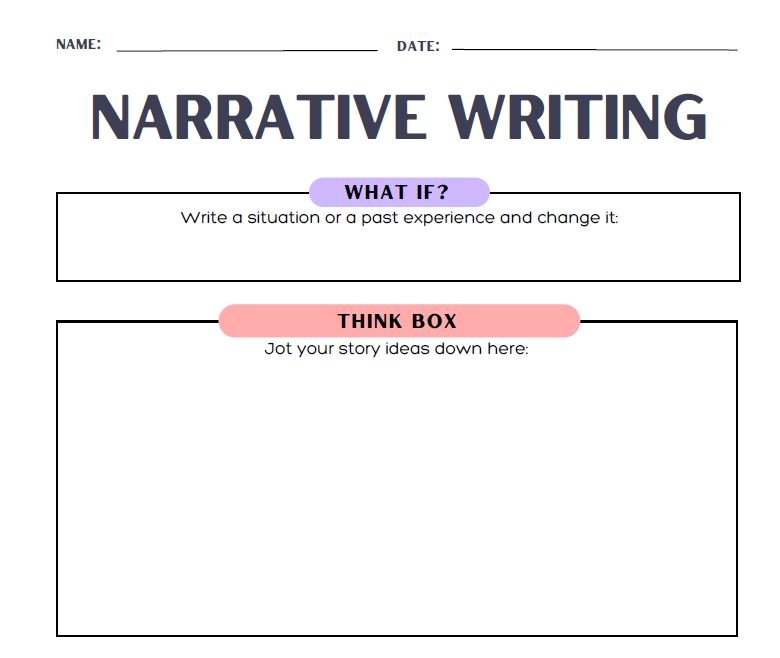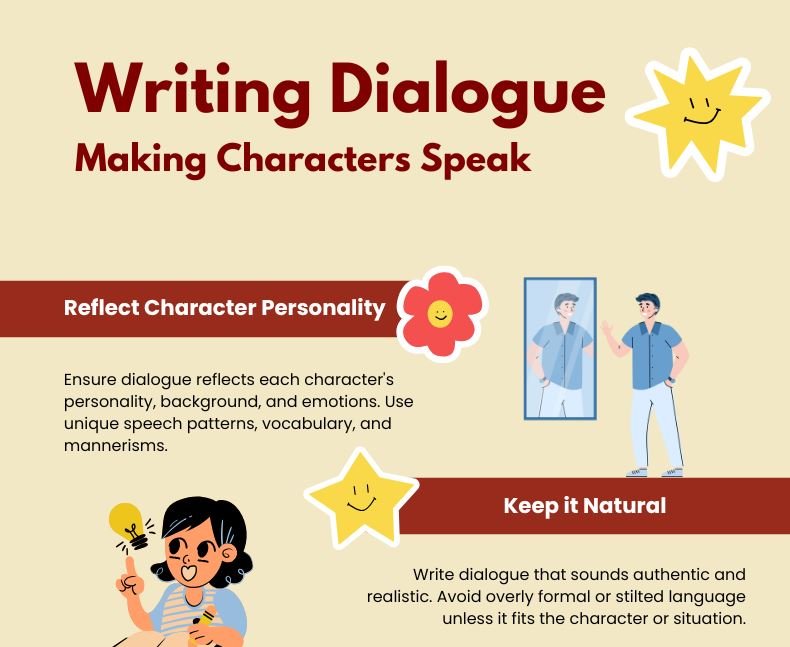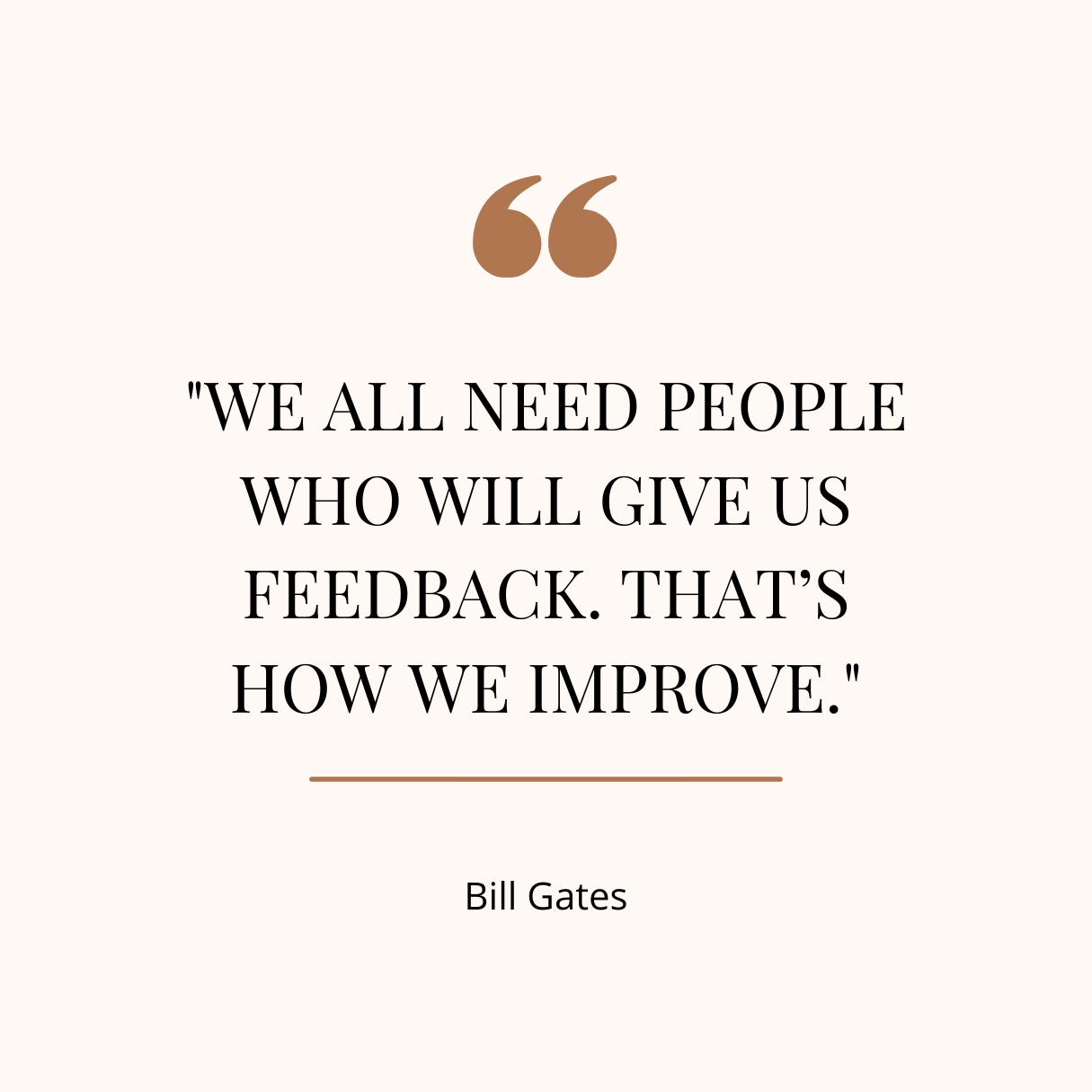From Idea to Novel: My 3 Tips to Writing Your First Book.
Ideas can come from anywhere! Be sure to jot them down!
I didn’t know what I was doing when I started writing “The Last Guardians Of Atlantis”. As a novice writer, I was jotting everything that came to mind—brainstorming a vast amount of ideas for characters, locations and plot twists. The only thing I wasn’t doing was writing it. Thankfully, there were lots of helpful advice over the internet that helped me get started.
In this blog, I’ll go over three key points I learned at the beginning of my writing journey. These tips will help you bring that magic alive in your novel and hopefully, resonate with your readers. Let’s begin!
Finding Inspiration and Narrowing your Focus.
Building relatable Characters.
Get Feedback early!
1. Finding Inspiration and Focus on your Idea!
Inspiration can come from anywhere. In my other blog post, Finding Inspiration in Everyday Life: My 3 tips for New Writers, I go over several ways to uncover that perfect idea, and one of the tips that helped me was to observe the moments I experienced and then ask “What If?”
When you’re doing your daily routines, ask yourself “What’ll happen if this occurred?” or take a past experience and ask “What if this happened instead?” Let your imagination run wild! Depending on the genre you wish to pursue, don’t limit yourself to what realistically could happen. Jot down what excites you, no matter how random or far fetched it could be.
For example, let’s say you accidentally bump into someone at a coffee shop, spilling your hot brew all over them. Think about “What if”:
For a Romantasy genre; What if the person you spilled coffee over, was an Elf from another world, discovering for the first time what coffee is? What do you do?
For sci-fi lovers; What if that person was an alien, sent to discover why humans are obsessed over the black, bean juice? What is their reaction?
Maybe a bit of realism; What if that person was the manager for the job you applied and you were both on your way to the interview? What’ll happen next? What’ll happen at the meeting?
As stated before inspiration can from anywhere—you just have to keep your eyes open and your ears free. You can derive ideas from a conversation you overheard, a dream you had or even a chore you were doing. The trick is not just finding inspiration but finding what you like and turning it into a the foundation for a novel.
For the ‘Last Guardians Of Atlantis’, I took inspiration from the docu-series, ‘Ancient Aliens’, a show that explores the possibility that we had been visited by extraterrestrials in our ancient past, and speculate that human history may had been altered by ‘alien encounters’.
Watching this show, I asked “What if?” What if the theories were true? One segment talked about the mythical city of Atlantis and how it was created by beings known as the ‘Anunnaki’. That excited me. A spark of inspiration flared and wrote it down, expanding on the idea if the Anunnaki were real, what could that mean for humanity?
I left that idea on the backburner for awhile until a life event had me revisit that scheme sometime later. And that’s when the writing took off.
Write, write, write!
A snapshot of what was going on writing all the ideas for my novel. Sorry for the gibberish and chicken-scratch handwriting!
Now that you have your pool of ideas, it’s time to narrow it down and focus on a specific one. Which idea resonates with you? Which excites you the most? Which one can you write about for hours?
You can go further and ask really specific question such as:
Does it have tension and ‘stakes’? Readers love emotional, high-stakes stories whether it be saving the world or navigating a steamy romance.
Is the idea relatable? Depending on your target-audience (such as Young-adults or Adults in general), think about which of your ideas relates to whom. Can both age groups see themselves in your story and dream beyond their reality?
2. Creating relatable characters.
After you pinpointed a story you want to expand on, it’s time to fill it with characters! In my blog post, Ways to Create Believable Characters, one of the tips which helped me craft realistic characters was making a ‘Character Bible’.
Going deep in to the character’s history can really flush out the persona, making them believable for readers!
A character bible is a document where all your characters come to life. It’s like a novel—displaying the rich history behind each each relatable protagonist and compelling antagonist. Readers expect characters with depth. Without a good idea of whom your characters are, they’ll feel bland and readers won’t enjoy them at all.
So, take the time to deep dive into your characters that would fit into your story. Go from describing their physical traits to their personality. Go even further and describe their childhood—their family and friends and how they treated your character while growing up. Describe what they’d been doing up to the point of where your story begins. Were they at a job? In school? Are they a student or unemployed?
Additionally, don’t forget how a character speaks. I certainly made the mistake of making some of my characters sound alike. That doesn’t mean you have to write the pronunciation of words. For example, using “Wot?” for “What” to denote a British-speaking person.
You can use speech patterns and keywords to make reflect the characters’ dialogue like this: “You alright, mate?”
Using keywords can help separate your protagonists and villains dialects without having the need to spell out the pronunciation, making it easier for the reader to distinguish. For example:
“Bloody hell! You alright, bruv?” he spat.
Brieson rattled his head. “I reckon I am but not sure how dandy my ride is though.”
Hear the difference?
3. Get FEEDBACK FAST!
Thankfully, I learned this tip early in my writing journey. I heard it while scrolling through YouTube, looking for advice about editing a manuscript. The idea is that getting feedback is on of the most valuable tools for any writer and using that tool early in your writing, can help you guide your story in a better direction.
Getting feedback fast and early means you can make quick changes to your story before actually finishing the draft. The common way was to finish a draft then edit/get feedback later but I propose a much better approach and that is seeking feedback often through your writing process.
For example, I sought out beta readers, including my editor, to read starting at 30k words then at 60k words and again at 90k words. This way, I can make slight adjustments and improvements during my writing, taking all feedback from sources and incorporating them into my story.
Feedback=Knowledge
The way to improve upon anything is to seek out feedback.
Don’t be afraid of receiving feedback. Putting out any work of art—especially a book—are always open to criticism. Be open to the opinions of others and know that it is nothing personal. So, get feedback fast and get it often. I found this to be a valuable tip when writing my book.
And that’s it! I hope this helps! Please check out my other blog posts for more writing tips and advice!
Watching Jerry Jenkins’ videos has helped me tremendously with my writing. Have a look!
🌊 Ready to dive into the adventure of a lifetime? Ancient legends awaken, enemies rise, and the fate of the world rests on one choice: Fight or die. Join Noah and his allies on a pulse-pounding quest in The Last Guardians of Atlantis—a story of friendship, courage, and destiny! 💥
For a little more help, join me LIVE on Twitch from Monday to Friday, 10:00 AM - 3:30 PM EST! 📚✍️ I’ll be working on my second book, and together we’ll tackle tasks using the Pomodoro Method for focused work sessions. Bring your to-do list, and let’s boost our productivity side-by-side! 🚀






